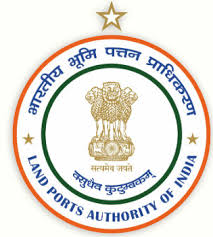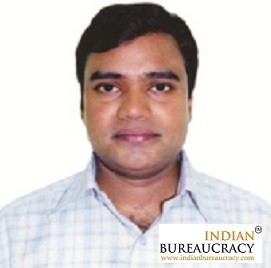
PIB News Update: As Ministry of Tourism, Government of India continues with the initiative of organising a series of Webinars under the overall theme of ‘Dekho Apna Desh’, its 8thwebinar in this series on “North East India-Experience the Exclusive villages” with focus on Assam & Meghalaya highlighting the lesser known villages was presented on 24th April 2020.
North East India is the land of exquisite beauty, offering a blend of emerald landscape, azure water body, pristine silence, infinite vastness and mesmerizing local populace. The infinite variety of its geographic setting, its topography, its varied flora and fauna and avian life, the history of its people and the variety of its ethnic communities and their rich heritage of ancient traditions and lifestyles, its festivals and crafts make it a holiday wonderland that just requires to be discovered afresh. The North East’s amazing diversity makes it a holiday destination for all seasons.
The webinar was presented by Mr. Arijit Purkayastha, CEO, Koyeli Tours and Travels (P) Ltd and Dr. ShreyaBarbara, Chief Operating Officer, Landscape Safari.
Highlights of the Webinar include showcase ofthe following Villages of Assam & Meghalaya
Villages of Assam:
Sualkuchi – situated on the Northern banks of the Brahmaputra about 35 km from Guwahati, Sualkuchi is a block of Kamrup district. It is one of the World’s largest weaving villages where 74% of the households are engaged in weaving exquisite silk fabrics ranging from the golden Muga to the ivory white Pat and the light beige Eri or Endi silk is famous for its centuries old heritage of weaving. People here support the concept of Ahimsa Silk breeding where silk is obtained without killing the silk worms. It is a noble step towards creating an Eco friendly environment.
Ranthali – Is a very small village of Nagaon district and is famous for handmade jewellery and the designs mostly depict floral and fauna treasures of the region. Traditional designs of Assamese jewelleries are simple but decorated with vibrant red gemstone, ruby or mina.
Hajo – Hajo is 25 km from the city of Guwahati and is famous as a Pilgrimage Centre for the Hindus, Buddhists & Muslims with the revered Temple Hayagriva MadhavaTemple & the famed Mosque, Powa Mecca located here. It is believed that Lord Buddha is believed to have attained Nirvana at The Hayagriva Madhava temple. This temple has a pond which has provided a safe haven to black soft shell turtle. No one harms them as they consider them as incarnations of Lord Vishnu.
Dadara – The endangered species of the greater adjutant stork; Hargila as called in Assamese, finds an exclusive home in Dadara. There are about only 1500 greater adjutant storks left in the world and the largest nestling colony, about 500 adjutant storks get a safe haven in this village. The inspiring story of their conservation can be traced to the Hargila Army led by Green Oscar Awardee, Smt Purnima Devi Barman.
Sarthebari – The bell metal industry of Assam is the second largest handicraft sector after bamboo craft. Bell metal is an alloy of copper and tin and the craftsmen of this industry are referred to as ‘Kahar’ or ‘Orja’.
Nalbari area of Lower Assam – A cluster of villages connected with a common link, community based employment with the production of the famous Japi of Assam. The conical hat of Assam, Japi was historically used by farmers in the fields to protect them from the sun. Today the colourfully decorated Japi has become a mark of Assam’s cultural symbol.
Bansbari – located 140 kms from Guwahati, bordering Bhutan foothills. Bansbari encompases the UNESCO Natural World Heritage Site, Manas National Park, which is a habitat of numerous flora and rich wildlife, many of which are endangered and vulnerable.
Tea Bungalows of Assam – A cluster of multi ethnic community, the tribes, employed in the tea industry, Assam’s largest industry. Various tea gardens have opened their doors for tourists to experience the British era tea garden charm.
Majuli – one of the largest River Islands of the World, Majuli which is situated in the midst of river Brahmaputra. Majuli is a hub of Assamese neo-Vaishnavite culture, initiated around 15th century by the revered Assamese saint Srimanta Sankardeva and his disciple Madhavdeva. It is known as the cradle of Assamese civilization.
Namphake Village – Also known as beautiful Tai-Phakey village is one of the oldest and most respected Buddhist Monastry of Assam. The Buddhist community have their origin from Thailand and speak a dialect similar to Thai language and still follow customs and traditions of the Tai race. The community is believed to have entered Assam in the 18th Century.







Leave a Reply
You must be logged in to post a comment.